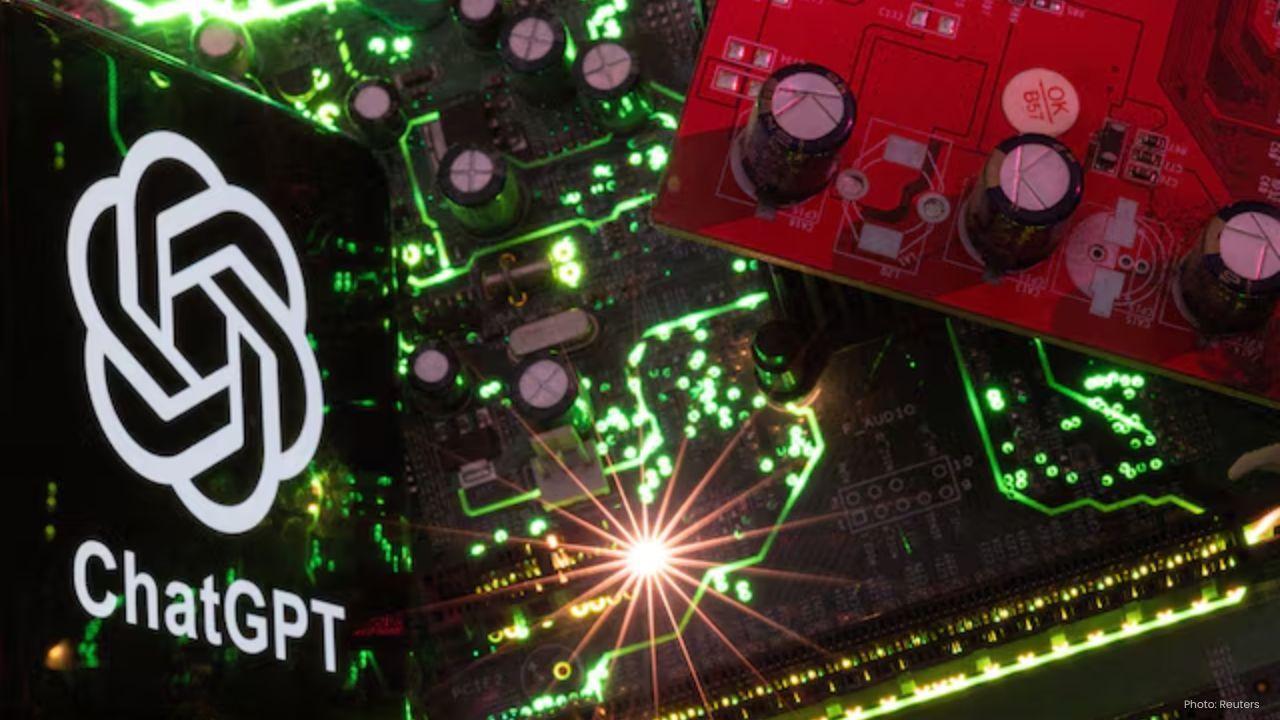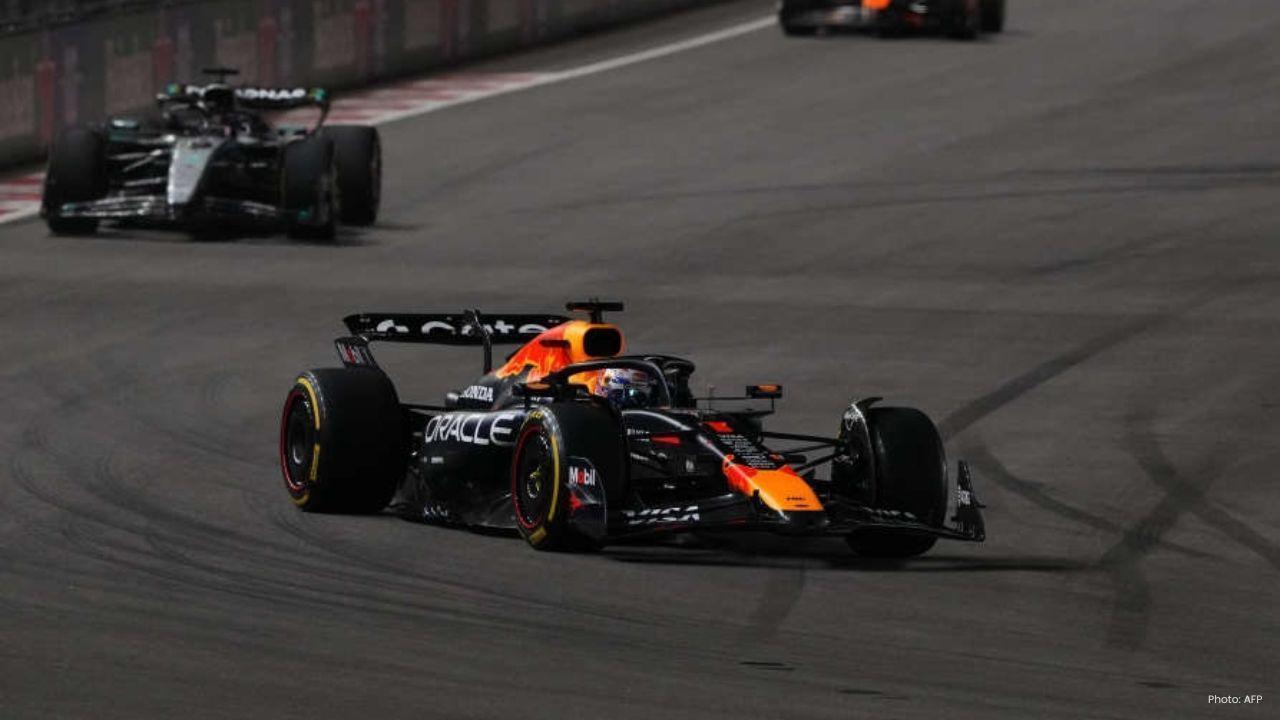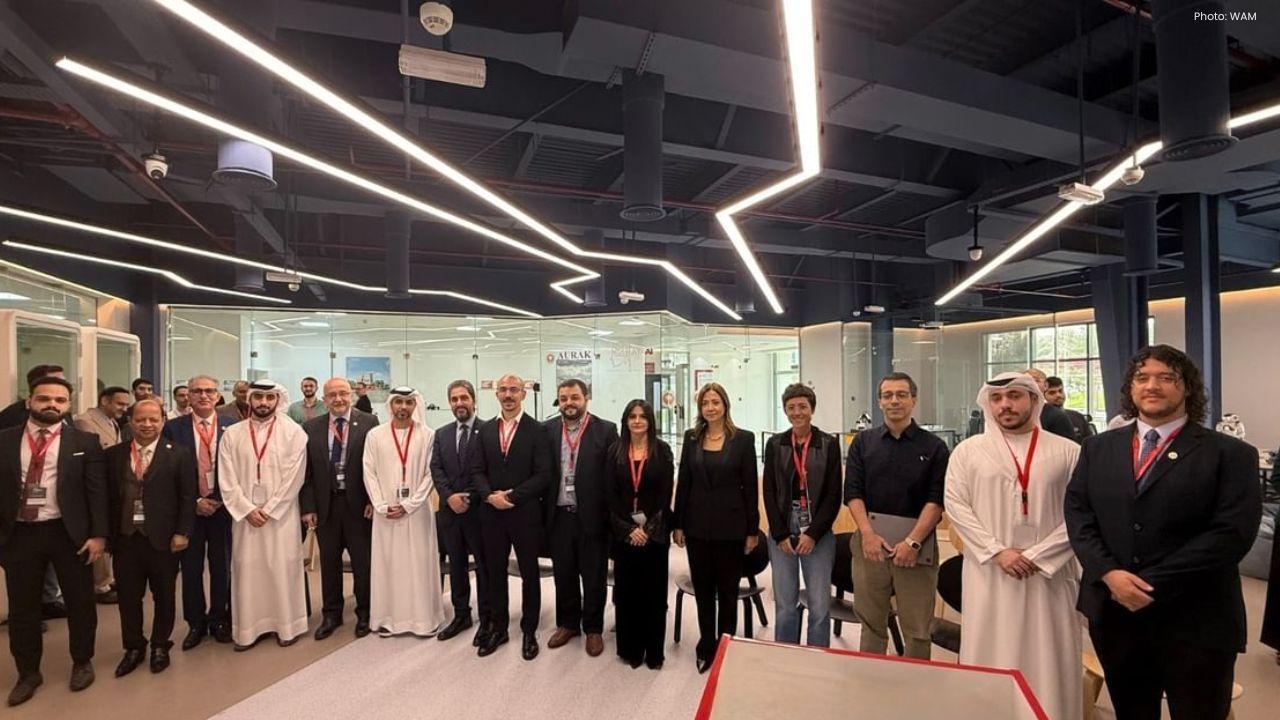
Post by : Mariam Al-Faris
OpenAI has officially launched GPT-5, its newest and most advanced AI model. This release is different from previous versions because it combines two types of models—fast non-reasoning models and slower, more thoughtful reasoning models—into one system. Users no longer have to choose between them. Instead, GPT-5 automatically decides which style of processing to use for each question. The model is now available for everyone through the ChatGPT web interface. However, free users might have to wait a few more days before they can fully use all its features.
How GPT-5 Differs From Older Versions
Many people might compare GPT-5 directly with GPT-4, the earlier flagship model. But experts say the better comparison is with the “o” series of reasoning models, especially the o1 model launched last year. When o1 came out, it was only available to paying Plus and Team subscribers. That model could think through problems step-by-step before giving a final answer, which made it better at solving harder problems than non-reasoning models. GPT-5 builds on that idea but makes it available to everyone, not just paying customers.
From Major Breakthrough to Product Refinement
When o1 launched, it felt like a major leap in AI technology. It showed how reasoning models could handle very complex problems. In contrast, GPT-5 feels more like a polished and user-friendly product rather than a revolutionary change. During a press briefing, OpenAI’s CEO Sam Altman compared GPT-5 to Apple’s Retina displays. He meant that it makes the experience better and more pleasant, even if it is not a huge leap toward the future. Altman did say GPT-5 is “a significant step” toward AGI—artificial general intelligence—but it may only be a small step in that journey.
Example of GPT-5 in Action
In a demo before the launch, Yann Dubois, a post-training lead at OpenAI, asked GPT-5 to design a web application that would help his partner learn French so she could speak more easily with his family. The app GPT-5 created was attractive, easy to use, and met his request perfectly. However, when a very similar request was given to GPT-4o, the older model, it created almost the same app with the same functions. The only big difference was that GPT-5’s version looked nicer and more polished. This shows that while GPT-5 improves the user experience, its core abilities in some areas are not hugely different from earlier models.
Easier Use for All Users
One of the more meaningful upgrades is that GPT-5 now decides on its own whether to use reasoning for a question. This is helpful for users who do not keep up with AI technology and do not know when reasoning is needed. In older versions, you might have to choose a reasoning model manually, but GPT-5 removes that extra step.
Speed Improvements in Reasoning
Another big improvement is speed. Sam Altman says GPT-5 reasons much faster than the o-series models. This means users can get well-thought-out answers without waiting as long as before. The fact that GPT-5 is being made available even to free users suggests it is cheaper for OpenAI to run compared to older reasoning models. Running large AI models quickly and cheaply is important not only for user satisfaction but also for reducing the environmental impact of AI computing.
Reducing Hallucinations and Mistakes
One of the major issues with AI models has been “hallucinations”—when the AI gives wrong or made-up information. OpenAI says GPT-5 is much less likely to make such mistakes compared to models like o3 and GPT-4o. If this improvement is real and consistent, it will make the AI more reliable and trustworthy. Dawn Song, a computer science professor at UC Berkeley, points out that hallucinations can create serious safety risks. For example, if an AI wrongly invents a software package and suggests downloading it, that package could contain dangerous malware. GPT-5 aims to reduce the chances of such harmful errors.
Performance on Tests and Benchmarks
GPT-5 has scored top marks in several important AI tests, including those that measure “agentic abilities” and coding skills, such as the SWE-Bench and Aider Polyglot tests. However, some researchers, like Clémentine Fourrier from HuggingFace, note that these tests are now close to being “maxed out.” This means that most advanced AI models already perform extremely well on them, so high scores do not reveal much about true breakthroughs. Fourrier says she would have been very impressed if GPT-5 scored 80% or 85% on SWE-Bench, but it only managed 74.9%. That is good, but not groundbreaking.
Focus on User Experience
The biggest takeaway from OpenAI’s launch is that GPT-5 simply feels better to use. Nick Turley, head of ChatGPT, said that “the vibes of this model are really good” and that most everyday users will notice the smoother and more pleasant experience. Even people who don’t think much about AI models will likely feel the difference in speed, quality, and accuracy.
Still Waiting for the Next Big Leap
While GPT-5 improves the experience, it may not deliver the dramatic change many expected. The reasoning ability in earlier o-series models felt like a big step toward AGI. GPT-5, while better and faster, is more of a refinement than a revolution. For those hoping for the next giant leap in AI capabilities, the wait continues.
GPT-5 represents OpenAI’s effort to merge speed, reasoning, accuracy, and user-friendliness into a single AI model for everyone. It fixes some pain points, like making reasoning automatic, improving the look of outputs, and reducing false information. It is also faster and possibly cheaper to run, which is important for the company and the environment. However, in terms of pure intelligence, the jump from GPT-4o and o3 to GPT-5 may feel small. For now, GPT-5’s biggest strength is that it simply works better and feels nicer to use—something that everyday users will appreciate, even if it’s not the dramatic leap toward AGI that some had hoped for.










UAE Rejects Sudan Conflict Allegations at UN Human Rights Council
Emirati diplomat issues Right of Reply in Geneva dismissing accusations and urging accountability fo

NCM issues fog and low visibility warning in UAE
National Centre of Meteorology warns of fog and reduced visibility in coastal and internal areas, ur

UAE expresses full solidarity with Kuwait over maritime rights
UAE expresses full solidarity with Kuwait and urges Iraq to resolve maritime concerns through intern

Dubai Parks to Offer Free Medical Tests During Ramadan
Free health screening buses will provide eye, blood pressure and glucose tests across major Dubai pa

T20 World Cup India Prepare to Crack Spin Test in Super Eight
Bowling coach Morne Morkel confident Indian batters will regain rhythm against spinners as Super Eig

Alcaraz Survives Six Match Points to Reach Qatar Final
World No.1 Carlos Alcaraz defeated defending champion Andrey Rublev in a tense semifinal, saving six